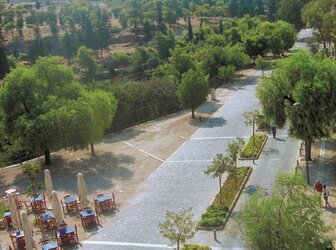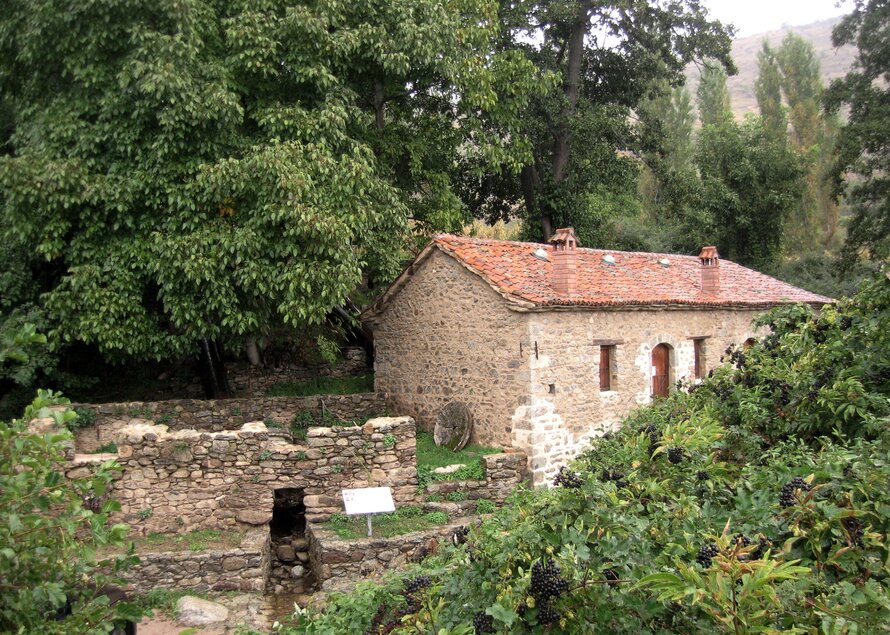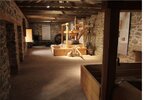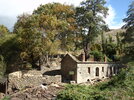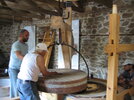Traditional Watermill in Agios Germanos
Of the 20 watermills in Prespes' region, the watermill in the village of Agios Germanos is the only one which has been fully restored. The mill, located in the mountainous region of the National Park of Prespa, was originally constructed in 1930. The mill is in full working ...
Read more
Project details
| Title: | Traditional Watermill in Agios Germanos |
|---|---|
| Entr. year: | 2016 |
| Result: | Grand Prix |
| Country: | Greece |
| Town: | Agios Germanos |
| Category type: | building conservation |
| Building type/ Project type: | industrial heritage |
| Former use: | Flour mill, fulling mill and fulling tub |
| Actual use: | Functional water mill, fulling mill and fulling tub, also a cultural site and a tourist attraction |
| Built: | 20th century |
| Architect / Proj.leader: | Aggeliki Georganta, Architect |
| The Jury's citation: | "With this Grand Prix, we commend the recovery of this early industrial mill which is highly characteristic of industrialisation in Europe. The complexity of the mill and the water supply system is beautiful and has been restored with a high level of expertise". "The high educational and social engagement which contributed to the sustainable economic and environmental development in the village and in the region on a wider scale. In addition to this, the project has inspired collaboration trans-nationally in this crucially located region, contributing to a culture of reconciliation and good neighbourliness". "This project sets a wonderful example for other similar sites in this beautiful region. Its social impact as well as the preservation of this fine example of industrial heritage is worthy of the highest merit". |
Description:
Of the 20 watermills in Prespes' region, the watermill in the village of Agios Germanos is the only one which has been fully restored. The mill, located in the mountainous region of the National Park of Prespa, was originally constructed in 1930. The mill is in full working order and has three different mechanisms: one which grinds flour, another for cleaning fabrics and the third for textile finishing. The restoration involved repairing the building which was in a critical condition, reconstructing the destroyed mechanical systems, rebuilding the water supply system and installing new constructions in the surrounding area so that the mill is easily accessible to visitors. The project was ambitious with the goal being to create a "living monument" of the region's industrial heritage as well as reinstating the production of edible flour, which would in turn enhance and support traditional occupations in the village and the cultivation of organic cereals in the surrounding area. The engagement of volunteers and the whole community actively supported this project, with the village itself expressing its enthusiasm early on and devoting time to the construction and operation of the watermill. The project dedicated itself to creating a site in the Transboundary Park between Greece, Albania and FYR Macedonia which could create a point of common cultural values between these three countries.
Similar projects

15th century

14th century
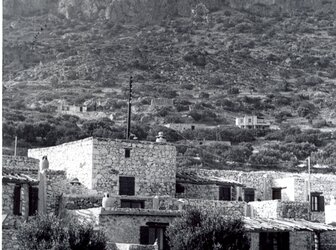
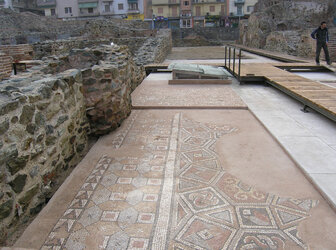
4th century AD
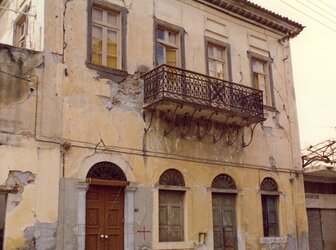
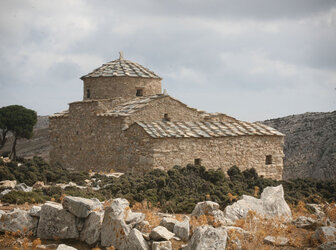
8th-9th centuries
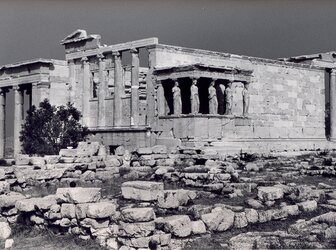
5th century B.C.
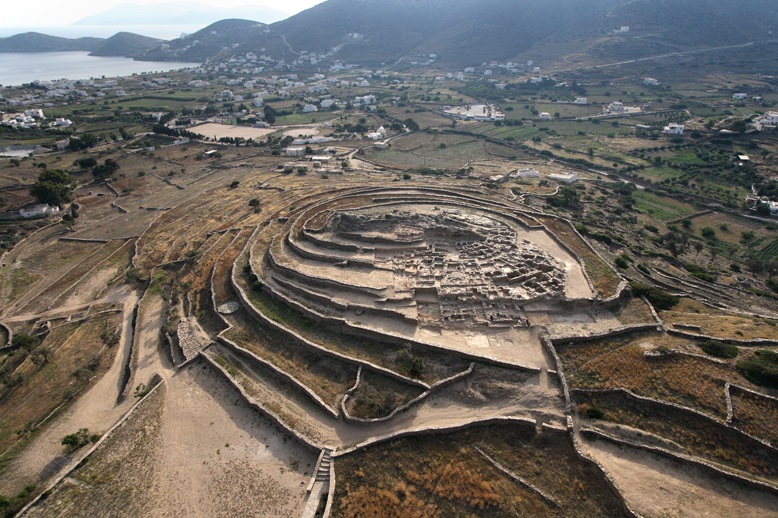
3rd millenium BC
19th century
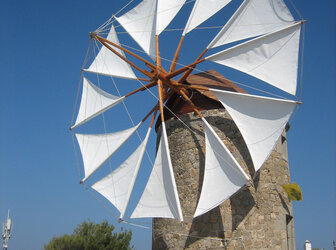
1588 - 1863
18th and 19th century
